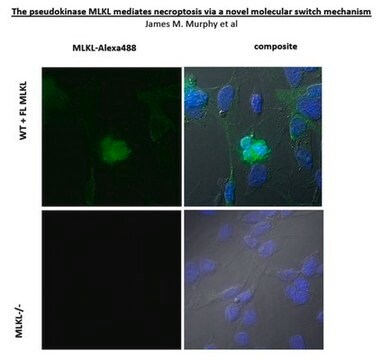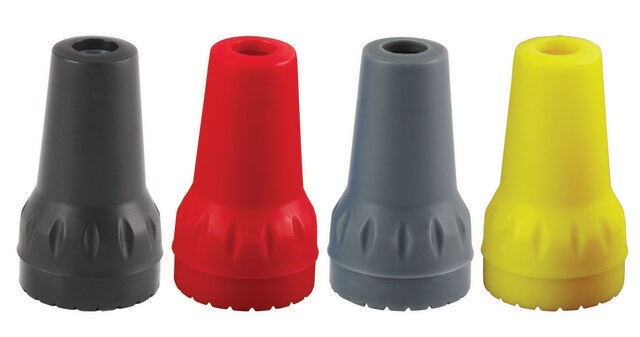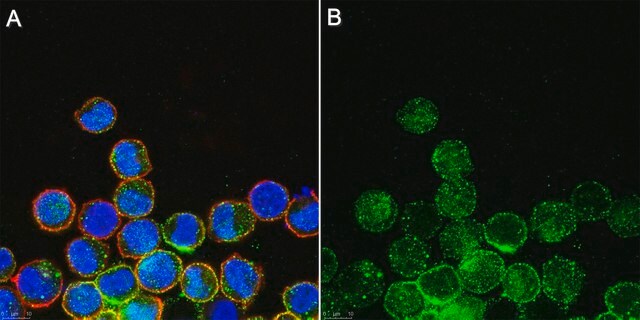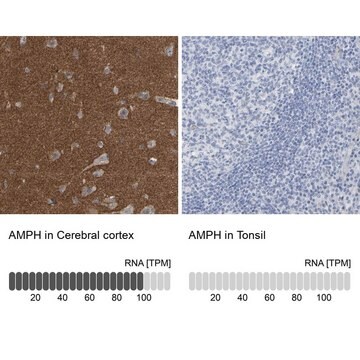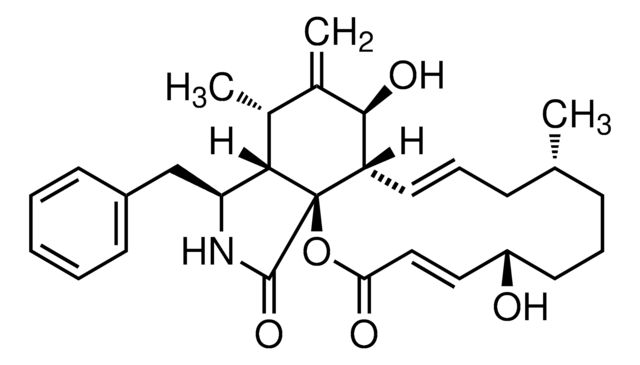EMU194971
MISSION® esiRNA
targeting mouse Mlkl
About This Item
Productos recomendados
descripción
Powered by Eupheria Biotech
Nivel de calidad
Línea del producto
MISSION®
Formulario
lyophilized powder
secuencia objetivo ADNc esiRNA
GGGACAGATCATCAAGTTAGGCCAGCTCATCTATGAACAGTGTGAAAAGATGAAATACTGCCGGAAACAATGCCAGCGTCTAGGAAACCGTGTGCACGGCCTGCTACAGCCTCTCCAGAGACTCCAGGCCCAAGGAAAGAAGAACCTGCCCGATGACATTACTGCTGCCCTGGGCCGTTTTGATGAAGTCCTGAAGGAGGCTAACCAGCAGATAGAAAAGTTCAGCAAGAAGTCCCATATTTGGAAGTTTGTGAGTGTGGGCAATGATAAGATCCTCTTCCATGAAGTGAATGAGAAGCTGAGAGACGTCTGGGAGGAGCTGTTGCTGCTGCTTCAGGTTTATCATTGGAATACCGTTTCAGATGTCAGCCAGCCAGCATCCTGGCAGCAGGAAGATCGACAGGATGCAGAGGAAGACGGAAATGAAAATATGAAAGTTATCCTGATGCAGTTGCAAATTAGCGTGGAAGAAATCAACAAAACCC
Ensembl | nº de acceso | ratón
Nº de acceso NCBI
Condiciones de envío
ambient
temp. de almacenamiento
−20°C
Información sobre el gen
mouse ... MLKL(74568) , Mlkl(74568)
Descripción general
For additional details as well as to view all available esiRNA options, please visit SigmaAldrich.com/esiRNA.
Información legal
¿No encuentra el producto adecuado?
Pruebe nuestro Herramienta de selección de productos.
Código de clase de almacenamiento
10 - Combustible liquids
Punto de inflamabilidad (°F)
Not applicable
Punto de inflamabilidad (°C)
Not applicable
Elija entre una de las versiones más recientes:
Certificados de análisis (COA)
Lo sentimos, en este momento no disponemos de COAs para este producto en línea.
Si necesita más asistencia, póngase en contacto con Atención al cliente
¿Ya tiene este producto?
Encuentre la documentación para los productos que ha comprado recientemente en la Biblioteca de documentos.
Nuestro equipo de científicos tiene experiencia en todas las áreas de investigación: Ciencias de la vida, Ciencia de los materiales, Síntesis química, Cromatografía, Analítica y muchas otras.
Póngase en contacto con el Servicio técnico